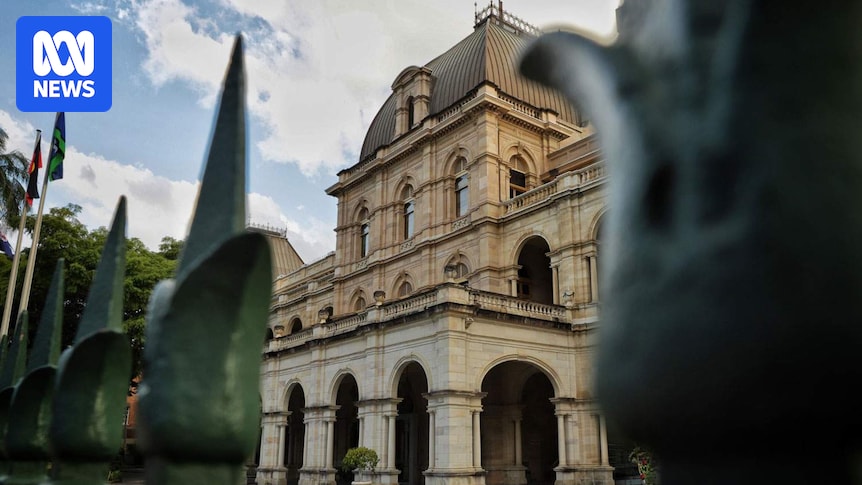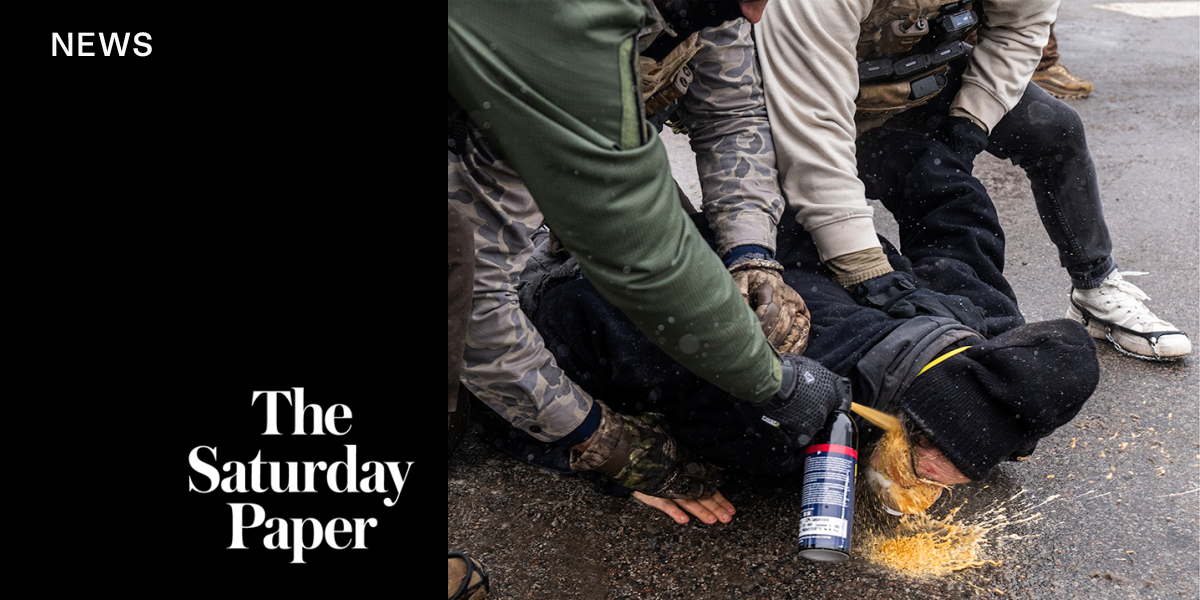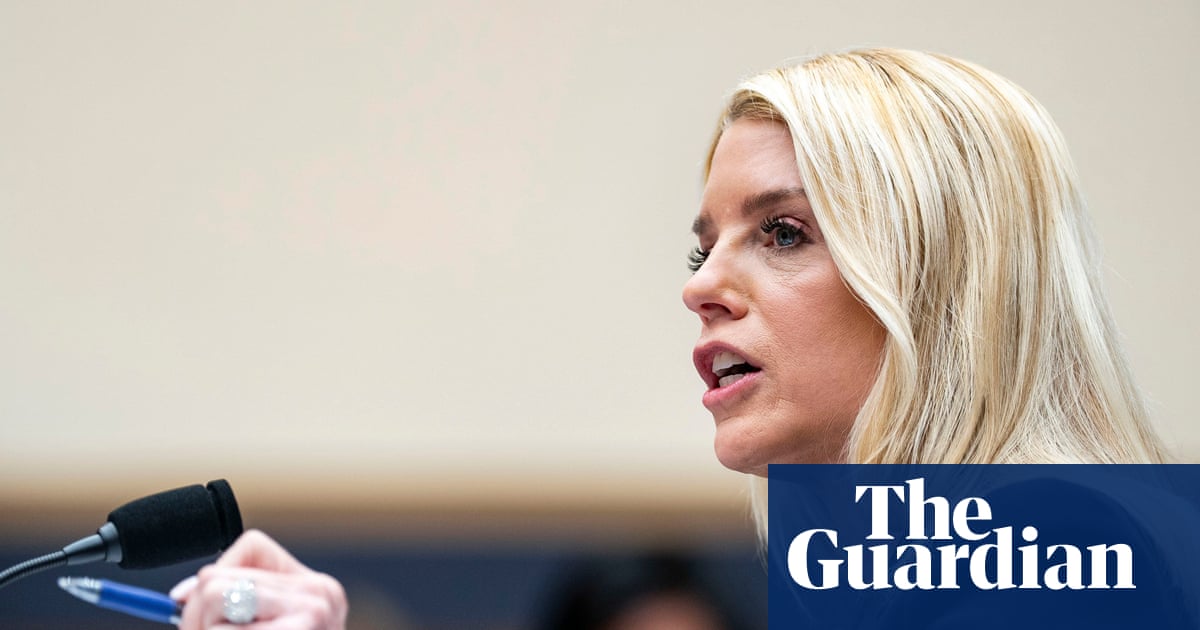
The Queensland government is facing criticism over its funding rules for community youth justice organizations, which critics argue effectively “gag” these groups from speaking to the media without departmental permission. Despite the backlash, the government insists that the media clauses in state-funded contracts are a longstanding practice.
The controversy arises from a document on the Youth Justice Department’s website, dated July 2025, which outlines “contractual requirements regarding media” for service providers receiving funding. The document stipulates that these organizations “must not” discuss or post anything about funded programs with “anyone in the media or related to media,” nor “initiate” media contact unless granted “verbal authority” by the department.
“You must notify Us … immediately upon receipt of any request or contact from a journalist, news reporter or media organisation, including a) general inquiries; b) requests for interviews or site visits; or c) requests for information about the funded programs,” the document states. “When notifying Us, You must include the nature of the request, the media outlet, the name of the journalist or reporter and the specific questions or issues raised.”
Opposition Criticizes ‘Media Gag’
Opposition to the media restrictions has been vocal. Youth Justice Minister Laura Gerber defended her department’s guidelines, stating that media clauses in government-funded department contracts are a longstanding standard practice across the government, including in Youth Justice.
Meanwhile, Opposition youth justice spokeswoman Di Farmer expressed concern, stating that youth justice requires “robust and difficult conversations” to address its challenges, but “these new rules silence the experts.”
“This media gag is nothing more than a way to silence Queenslanders,” Farmer said.
Greens MP Michael Berkman also criticized the move, calling it a “shocking overreach” by the Crisafulli government, suggesting it aims to silence potential whistle-blowers who witness the failings of Queensland’s youth justice system firsthand.
“Contracts like this have a chilling effect on our democracy, and it raises serious questions about what this government is so eager to hide,” Berkman stated. “If the LNP was really delivering on their promised ‘gold standard early intervention and prevention’ programs, they’d be encouraging service providers to share their experiences, not gagging them.”
Government Stands by Media Code
The Department of Youth Justice maintains that provisions requiring “appropriate management” of media matters have been part of departmental contracts for many years. They argue that the guidelines do not restrict organizations from advocating publicly for better outcomes for young people or discussing matters outside the funded services or programs.
They also emphasize that youth justice service providers must uphold privacy requirements under the Youth Justice Act.
“The wording in the practice guide is designed to ensure only appropriately authorised representatives of funded organisations respond to media matters, providing protection for broader program staff who may not be equipped to do so,” a spokesperson explained. “This ensures that funded organisations do not unintentionally breach the law and that the privacy of service users is maintained. Recent changes were a result of advice from Crown Law.”
Community Response and Implications
Debbie Kilroy, chief executive of Sisters Inside, described the measures as “nothing less than censorship,” urging non-governmental organizations to refuse to sign these contracts.
“We deplore these actions by the government. We call on all NGOs to refuse to sign these contracts. To do otherwise is to sell out our children,” Kilroy declared.
The announcement comes as the Queensland government rolls out a “regional reset” program through external providers, aimed at reducing youth offending through early intervention. The move represents a significant point of contention as the government balances transparency with privacy and control over funded programs.
As the debate continues, the implications for youth justice organizations and their ability to engage with the media remain a critical issue. The government’s stance on media management and its impact on public discourse and advocacy will likely be scrutinized in the coming months, as stakeholders assess the broader consequences of these contractual obligations.






